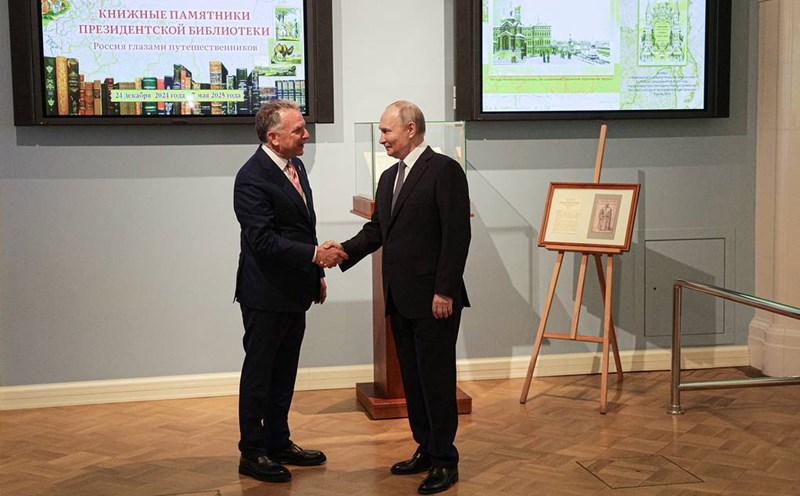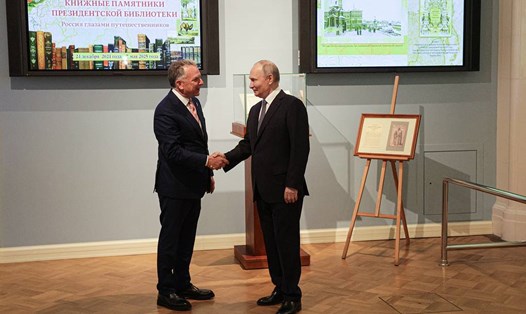Russia has enough crude oil to demand for decades, enough gas to use for 1 century and enough coal to use for 500 years with the current production level, according to the Government's report just published.
"Russia's energy strategy up to 2050" - a document outline the country's vision in the field of energy and respond to global challenges - approved by Prime Minister Mikhail Mishustin on April 14.
According to this document, with the largest reserve in the world, Russia is in a good position to provide traditional energy sources for the global market and maintain the role of the main manufacturer.
Russia has more than 31 billion tons of oil reserves, enough for more than 65 years of production at the current speed. Russia ranks third globally in terms of oil reserves and second production, accounting for 10% of the world's supply.
Russia also has significant exploitation resources to maintain oil production and condensation at less than 540 million tons/year and build a backup capacity to respond flexibly with a change in global demand.
In terms of gas, Russia led the world with 63.4 trillion m3 of reserves and is the second largest manufacturer, contributing 16% of global production. Documents note, current reserves can meet 100 years of production.
Russia's coal resources are estimated at 272.7 billion tons, sufficient for use for more than 500 years. Russia ranks fifth in global and 6th coal reserves in terms of output.
Russia is also a country with large uranium reserves, 705,000 tons - the fourth largest reserves worldwide - and accounting for 5% of global production. This source of uranium ensures the stable operation of Russia's nuclear energy industry.
"Russia's energy strategy until 2050" also said that the demand is increasing with lithium, nickel, rare soil, aluminum and other metals that will open up "new opportunities" for the effective development of Russian mineral resources.
The energy strategy has outlined steps to accelerate infrastructure projects and facilitate the export of oil, gas and refined products to Russian -friendly markets.
Russia's plan in this period also includes expansion of transshipment capacity at the Arctic and Far East ports through the Northern Sea route and accelerating the connection of gas transport systems including power pipeline Siberia and Sakhalin-Khabarovsk-Vladivostok into the unified gas supply system.
"Russia's energy strategy until 2050" also reviewed scenarios, which is capable of moving faster to renewable energy globally before 2050, but the risk of this scenario is low because it requires a 20% reduction in energy use and tripled in alternative solutions, causing great burdens for consumers and the world economy.
"Russia's energy strategy by 2050" emphasized that fossil fuel is expected to be the backbone of the global energy supply at least by 2050. Liquefied natural gas is expected to play an increasingly important role in global trade due to the flexibility in logistics, increasing the competition in the market.











